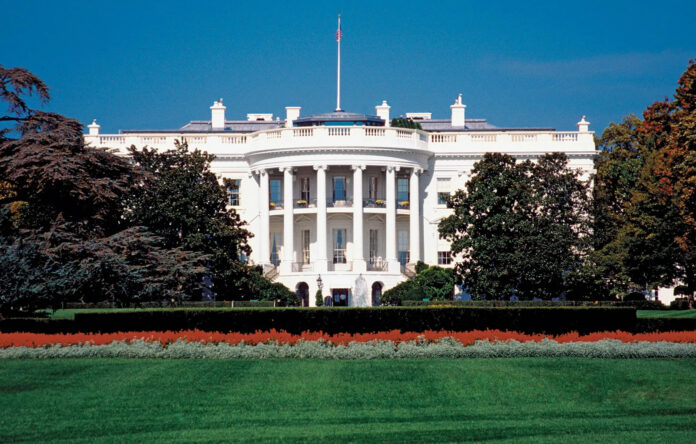By Eric Bazail-Eimil and Gabriel Gavin
WASHINGTON (Politico) — The Biden administration appears to be slow-walking the renewal of a long-standing military assistance program to Azerbaijan amid growing warnings of ethnic cleansing in the breakaway region of Nagorno-Karabakh.
Every year since 2002, the White House has issued a waiver to provide aid to Azerbaijan despite its campaign against Nagorno-Karabakh. That waiver has previously been completed before the summer, but this year it is still pending halfway through August.
Officials have offered no explanation for the delay. However, it coincides with increasing concern within the international community that Azerbaijan is responsible for a worsening humanitarian crisis in Nagorno-Karabakh. Azerbaijan has hardened its stance against the ethnic Armenian population there in recent months, blocking the entry of commercial and humanitarian vehicles and shutting off the region’s access to gas and electricity. The U.N. Security Council will consider an appeal from Armenia to respond to the worsening situation Wednesday.
The delay in issuing the authorization — called the Section 907 waiver — also comes as the Biden administration pursues a long-elusive peace agreement between the two countries, one that experts say could be close. Ending assistance to Azerbaijan could rule out Baku’s participation in future negotiations.
These competing political pressures are creating a delicate landscape in the South Caucasus for the Biden administration, which is caught in a struggle between its values and the pragmatic realities of geopolitics.










